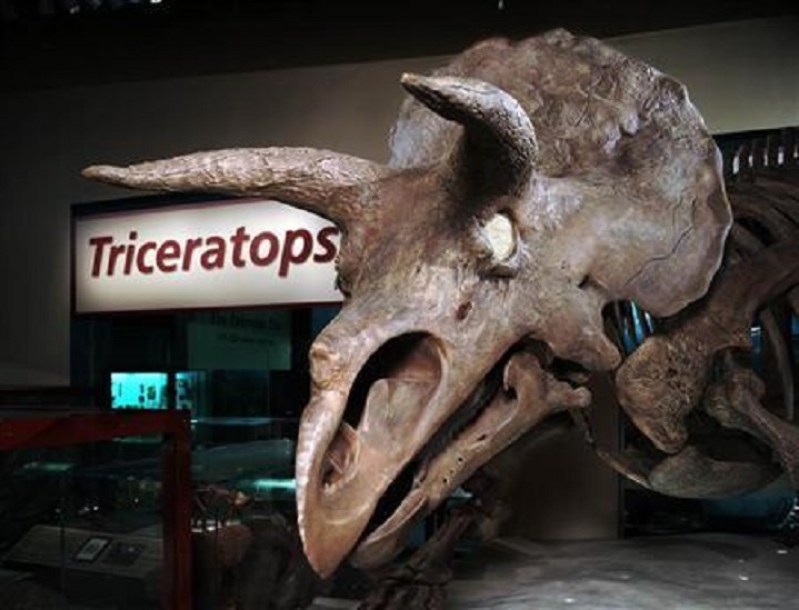
A Christian scientist who was fired by the school he worked for after discovering evidence that could challenge evolution was granted a hefty financial settlement for his lawsuit.
Mark Armitage, who managed the electron microscope laboratory at California State University Northridge, made a surprising discovery in 2012 after unearthing triceratops horns at the Hell Creek Formation.
Upon returning to his lab, he examined the horns and found soft tissue preserved along with the fossil.
“They were brown, stretchy sheets. I was shocked to see anything that was that pliable,” he described. The discovery was significant because it indicated that the specimen was from around 4,000 years ago, during the time of the great flood, and not 60 million years ago as evolutionists argued.
He wrote a paper about his findings, which was published in the peer-reviewed journal Acta Histochemica. However, two weeks after his paper was published, he was surprised to find that the school terminated his employment.
He feared he was fired because the evolutionists in his department could not accept his findings.
“We will not tolerate your religion in this department!” his supervisor reportedly told him.
Armitage said he did not even made conclusions in his paper except that the case needed further investigation. He did not include his personal views in the paper.
Paleontologist Mary Schweitzer, who reviewed the paper before publication, saw nothing wrong with it.
“It was just morphology,” she said. “It was fine.”
Schweitzer herself discovered soft tissue in dinosaur fossil in 2005.
In 2014, Armitage filed a lawsuit against CSUN through the Pacific Justice Institute.
"Terminating an employee because of their religious views is completely inappropriate and illegal. But doing so in an attempt to silence scientific speech at a public university is even more alarming. This should be a wakeup call and warning to the entire world of academia," PJI president Brad Dacus said.
In September, CSUN settled the lawsuit and awarded Armitage an amount that could equal about 15 times his salary as former part-time staff at the school. Armitage’s lawyer Alan Reinach did not disclose the exact amount of the settlement.
The school said that the financial settlement “is not an indication of any wrongdoing.”
However, Reinach believed otherwise and said the school would not have been willing to give a large amount of money if it refused to admit that “we had them dead to rights.”
“The state doesn’t put large, six-figure settlement money out unless they are really concerned they are going to lose,” he said.






